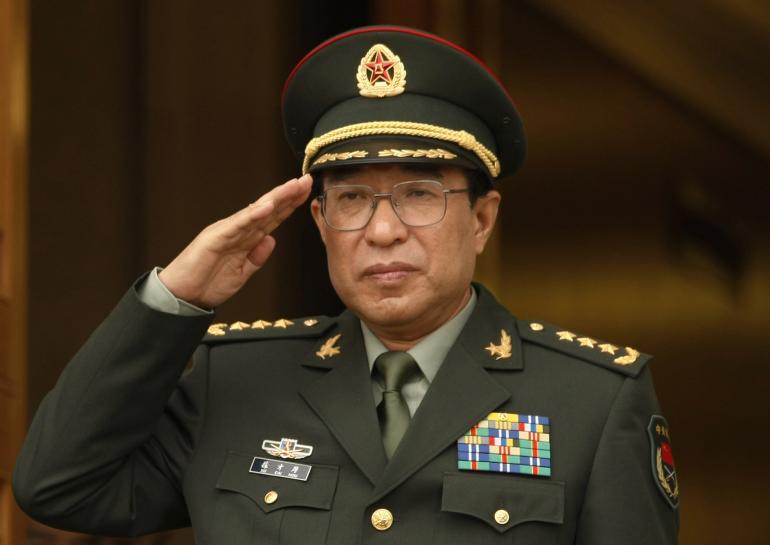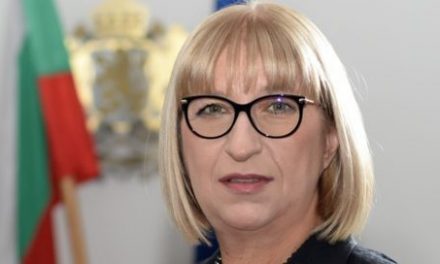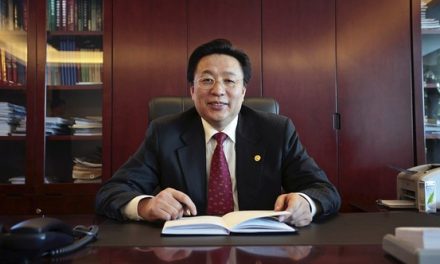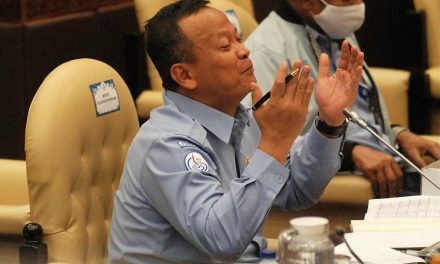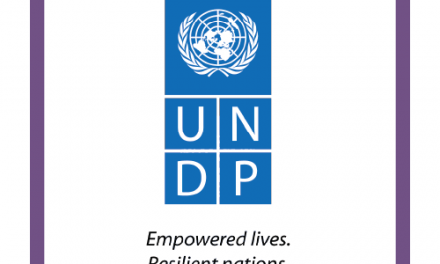1 July 2014
President Xi Jinping came to power with the promise that he will clean up the endemic corruption in China. He is serious about this. He had called his family members to shed their investments amounting to hundreds of millions of dollars to set an example.
Xu Caihou, a retired general and former vice chairman of the Central Military Commission and a member of the 25 member politburo, was expelled from the Communist Part of China. He has not yet been formally charged. It was alleged that he accepted bribes directly and through members of his family and used his position to promote others. It should be noted that President Xi Jinping heads the Central Military Commission which controls 2.3 million-strong armed forces – probably the world’s largest.
Xu will be formally charged when the case is forwarded by the discipline agency to the prosecutors.
In the past high ranking officials have been given suspended death sentence which often may be commuted to life imprisonment.
Others expelled from the party are:
Jiang Jiemin, former head of the Assets Supervision and Administration Commission, which supervises state-owned businesses in more than 100 industries;
Li Dongsheng, former vice minister of Public Security;
and Wang Yongchun, former vice general manager of the state-owned China National Petroleum Corporation
Xinhua reported that President Xi Jinping said in a meeting to discuss efforts to reduce graft among Party members, “We must insist on governing the party in a strict manner,” . He added “Officials at all levels must keep clean, use their power in the right way and be able to withstand temptation.”
Xu was under investigation since 15 March but he was protected for a long time even after corruption allegations surfaced. His protection umbrella was no longer able to give him shelter.
Fearing a backlash, China’s military called for unity and loyalty to the communist party and to the President. President Xi is stepping up the efforts to modernize the armed forces, which is projecting power in the disputed waters of south and east China Seas.
In the 1990s China had stepped up crackdown on rampant corruption in the military and banned the army from engaging in commercial activities. Due to lack of supervision and follow up, the army had continued to engage in commercial activities till today. Typical cases of graft in the military include lease military owned land to private enterprises, selling of military licence plates, allocating military apartments and taking kickbacks in procurement of food and equipment.
Nearly 30 provicial officials have been investigated for corruption since November 2012 and 480 officials have been punished, reported Xinhua News Agency, citing Party’s Central Commission for Discipline Inspection. Foreign companies such as GlaxoSmithKline, Roche Holding Ltd., and JPMorgan Chase & Co. were also investigated.

